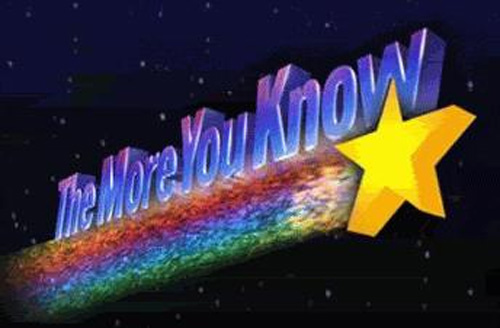troy2000
Well-Known Member
- Joined
- Sep 29, 2013
- Messages
- 1,057
- Reaction score
- 484
I've wondered for a while how a malting barley wound up with a name like 'Maris Otter,' so I finally did a little research (fancy word for googling and surfing the 'net).
Maris Lane is a street in Trumpington, a village outside of Cambridge, England. In 1955 the Plant Breeding Institute, part of Cambridge University's School of Agriculture, moved to Anstey Hall, adjoining Maris Lane. PBI began tagging plants it was developing with the name of the street: Maris Piper potatoes, Maris Widgeon wheat, etc. And of course, Maris Otter barley.
Dr. G. D. H. Bell, who became PBI's Director in 1948, had earlier developed Pioneer barley, the first winter-hardy malting barley bred in England. He continued working on barley, and the different strains were named after animals: Maris Mink, Maris Otter, Maris Puma, etc.
According to Wikipedia, Maris Otter (a cross between Pioneer and Proctor) was developed 'for the express purpose of producing a barley variety that would give consistently high quality malt for the cask-conditioned ale market.' It was released in 1966, and quickly became the most commonly grown malting barley in England. But over time its quality declined because of cross-pollination and use of uncertified seed, and it was superceded by modern high-yield, easier to grow varieties.
In the 90's a consortium bought the sole rights to Maris Otter from PBI; they began cleaning it up and paying select farmers a premium to grow it. In 2002 the rights to Maris Otter were sold to H Banham Ltd and Robin Appel Ltd, who apparently have continued to improve and safeguard the strain.
Maris Lane is a street in Trumpington, a village outside of Cambridge, England. In 1955 the Plant Breeding Institute, part of Cambridge University's School of Agriculture, moved to Anstey Hall, adjoining Maris Lane. PBI began tagging plants it was developing with the name of the street: Maris Piper potatoes, Maris Widgeon wheat, etc. And of course, Maris Otter barley.
Dr. G. D. H. Bell, who became PBI's Director in 1948, had earlier developed Pioneer barley, the first winter-hardy malting barley bred in England. He continued working on barley, and the different strains were named after animals: Maris Mink, Maris Otter, Maris Puma, etc.
According to Wikipedia, Maris Otter (a cross between Pioneer and Proctor) was developed 'for the express purpose of producing a barley variety that would give consistently high quality malt for the cask-conditioned ale market.' It was released in 1966, and quickly became the most commonly grown malting barley in England. But over time its quality declined because of cross-pollination and use of uncertified seed, and it was superceded by modern high-yield, easier to grow varieties.
In the 90's a consortium bought the sole rights to Maris Otter from PBI; they began cleaning it up and paying select farmers a premium to grow it. In 2002 the rights to Maris Otter were sold to H Banham Ltd and Robin Appel Ltd, who apparently have continued to improve and safeguard the strain.




